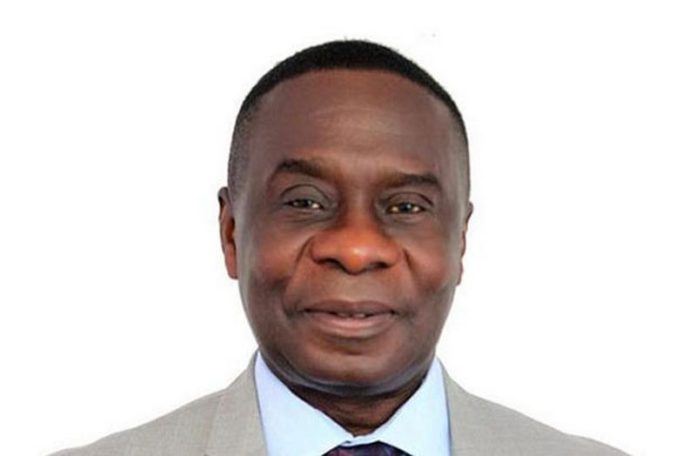Managing Partner of Paintsil and Co, Kwaku Paintsil, says James Gyakye Quasyon should not have offered himself for election in the first place until his certificate of renunciation was in his possession.
His argument is based on the Supreme Court’s verdict which stated that Gyakye Quayson had failed to renounce his citizenship at the point of nomination and thus was in breach of the constitution.
His election and swearing-in into parliament have since been declared null and void and new elections have been announced in the Assin North constituency which he represented.
Speaking on PM Express, Mr. Paintsil stated that the National Democratic Congress’ argument that the eligibility criteria could only be activated at the point of swearing-in was flawed and did not represent the true interpretation of the constitution as interpreted by the Supreme Court.
“In the case of Gyakye Quayson the issue at stake is not indeed what my learned friend is putting across which is that at the point of swearing in. the law is that you must not even offer yourself for election at all unless at the point of offering yourself, and please that is the interpretation the Supreme Court has put on it. You may agree, you may disagree, unfortunately belong to different persuasions.
“And much as he disagrees, there was a contention that was also placed before the Supreme Court vis-à-vis all the other subsidiary legislations that we have, and the Supreme Court has ruled that upon a reasonable interpretation that ought to be placed on Article 94(2)(a) issues of allegiance arise,” he said.
He further argued that the Electoral Commission though they may have deemed Gyakye Quayson’s nomination acceptable, does not have the final say on the interpretation of the constitution.
“And if at the point that you’re picking the forms – and please when he was talking about the Electoral Commission, please don’t forget that the Electoral Commission has got a right to make rules but they’re under the Supreme Court because even in the Gyakye Quayson case, the position of the Electoral Commission and then the evidence or the fact before the court was simply that Gyakye Quayson had made a representation to them which they thought was reasonable.
“But what the Electoral Commission considers reasonable, acceptable cannot be the law in Ghana as long as the Supreme Court takes the view that it contradicts the clear provision of the law.”
ALSO READ:

